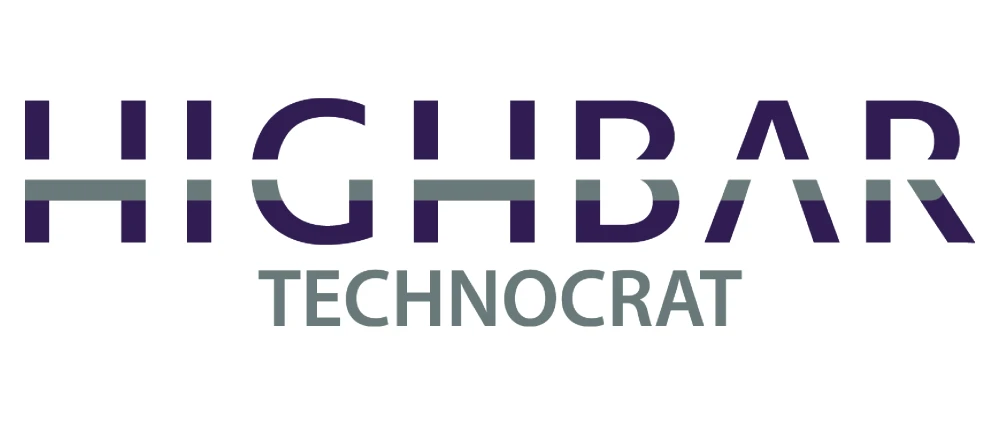Top SAP Modules List: The Key Aspects You Must Know
- Highbar Technocrat
- Blogs
- April 3, 2024
Connect With Us
Top SAP Modules List: The Key Aspects You Must Know
- Highbar Technocrat
- Blogs
- April 3, 2024
Connect With Us

Enterprise resource planning (ERP) systems like SAP have become indispensable tools for managing various aspects of business processes. At the heart of SAP lies its modular structure, which allows organizations to tailor their ERP solutions to specific needs. Understanding these SAP modules is crucial for harnessing the full potential of the platform.
SAP modules represent distinct functional areas within the SAP system, each designed to streamline specific business processes. From finance and human resources to supply chain management and customer relationship management, SAP modules cover a broad spectrum of operations. Recent statistics reveal that over 400,000 businesses worldwide rely on SAP solutions to drive efficiency and innovation.

Key SAP Modules
At the heart of SAP modules lies a structured framework designed to address specific business processes. SAP modules are categorized based on functionalities, and each component plays a unique role. For instance, the SAP Financial Accounting (FI) module manages financial transactions, ensuring accuracy and compliance. Similarly, the SAP Human Capital Management (HCM) module oversees personnel-related tasks, such as payroll and employee records.
At its core, SAP modules are designed to integrate seamlessly with one another, providing a holistic approach to business management. Let’s delve into some of the key SAP modules and their functionalities:
- SAP Finance Module The SAP Finance module, also known as SAP FI, serves as the backbone of financial management within organizations. It enables businesses to manage accounting transactions, financial reporting, asset management, and more. With SAP FI, companies gain real-time insights into their financial performance, facilitating informed decision-making.
- SAP Human Capital Management (HCM) Module The SAP HCM module encompasses various functions related to human resources management, including payroll, employee administration, talent management, and workforce planning. By centralizing HR processes, SAP HCM streamlines operations and enhances employee productivity.
- SAP Supply Chain Management (SCM) Module We all know, efficient supply chain management is essential for meeting customer demands and optimizing costs. The SAP SCM module enables organizations to orchestrate the entire supply chain, from procurement and production to distribution and logistics. Businesses, therefore, can minimize inventory holding costs, reduce lead times, and improve customer satisfaction by leveraging SAP SCM.
- SAP Customer Relationship Management (CRM) Module Building and maintaining strong customer relationships matter most to businesses expecting transformative growth. The SAP CRM module empowers organizations to effectively manage customer interactions, sales, marketing campaigns, and service requests. Moreover, a unified view of customer data enables businesses to personalize their engagement strategies and drive customer loyalty.
The Impact of SAP Modules on Business Operations
Statistics indicate that companies leveraging SAP modules witness a significant improvement in their operational efficiency. Different surveys at different times revealed that businesses using SAP solutions experienced considerable reduction in operational costs and huge increase in employee productivity. These figures underscore the transformative impact of SAP modules on day-to-day business operations.
Exploring SAP Module Integration
One of the key strengths of SAP modules is their seamless integration with each other. This integration ensures a unified approach to business processes, eliminating data silos and fostering collaboration across departments. Business using SAP have been reporting improved cross-functional collaboration, attributing it to the integrated nature of SAP modules.
Commonly Used SAP Modules
SAP offers a diverse array of modules tailored to meet the unique needs of various industries. The SAP Sales and Distribution (SD) module, for example, empowers organizations to manage their sales processes effectively. On the other hand, the SAP Materials Management (MM) module facilitates streamlined procurement and inventory management. These modules, among others, collectively contribute to an organization’s overall operational efficiency.
SAP Module Implementation Challenges
While the benefits of SAP modules are undeniable, their successful implementation is not without challenges. Various studies have found that organizations sometime faces difficulties during the initial stages of SAP module adoption. These challenges ranged from resistance to change among employees to the complexities of data migration. Acknowledging and addressing these challenges is crucial for maximizing the potential benefits of SAP modules.

Future Trends in SAP Modules
As technology continues to evolve, so do SAP modules. The worldwide market for SAP Digital Services Ecosystems will increase in value from USD 97.49 billion in 2022 to USD 154.44 billion by the end of 2030, according to a report by Zion Market Research. It is anticipated that the market will expand at a CAGR of 6.79% over the period of the forecast.
This shift towards cloud-based deployment aligns with the broader trend of digital transformation in the business landscape. Moreover, the integration of artificial intelligence (AI) and machine learning (ML) into SAP modules is expected to further enhance their capabilities, providing organizations with intelligent insights for decision-making.
Summary
In conclusion, SAP modules represent a cornerstone in the digital transformation journey of organizations across the globe. Their role in optimizing business processes, improving collaboration, and fostering innovation cannot be overstated. As we continue to unveil the core components of SAP modules, it becomes evident that these modules are not just technological tools but enablers of organizational excellence.
Highbar Technocrat, as an SAP gold partner company, is well-positioned to guide businesses through the intricacies of SAP modules, empowering enterprises to streamline their business operations. You can reach out to SAP-certified experts at Highbar to discuss how you can leverage different SAP modules at your organization.




